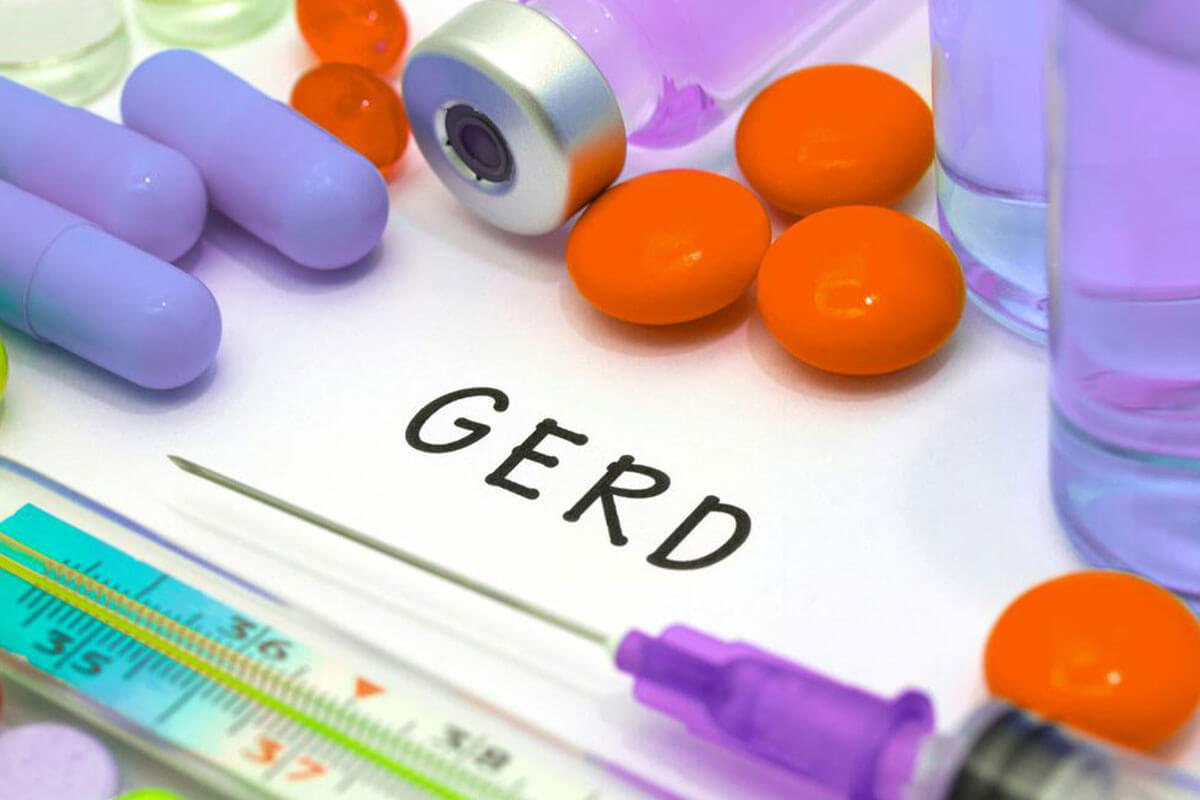Comprehensive Guide: 11 Proven Strategies to Effectively Manage and Treat GERD
This comprehensive guide explores 11 effective strategies for managing and treating GERD. From medications like PPIs and H-2 blockers to lifestyle changes such as weight loss, dietary modifications, and quitting smoking, learn how to control symptoms and prevent complications. Surgical options including fundoplication and innovative devices like LINX are also covered, providing a full spectrum of treatment options. Adopting these approaches can significantly improve quality of life and protect your esophageal health, making GERD management more effective and sustainable.

Comprehensive Guide: 11 Proven Strategies to Effectively Manage and Treat GERD
Gastroesophageal reflux disease (GERD) is a prevalent digestive disorder that impacts a significant portion of the population worldwide. According to data from the National Institute of Diabetes and Digestive and Kidney Diseases, approximately 20% of individuals suffer from GERD at some point in their lives. This condition arises when the acid from the stomach frequently moves back into the esophagus, causing irritation, inflammation, and a host of uncomfortable symptoms. Understanding how to effectively manage GERD is crucial to alleviating symptoms, preventing complications, and maintaining quality of life.
GERD can significantly interfere with daily activities due to its symptoms, which often include persistent heartburn, chest pain, regurgitation, coughing, and difficulty swallowing. While over-the-counter antacids and lifestyle modifications can provide temporary relief, a comprehensive approach involving medication, dietary adjustments, weight management, and sometimes surgical intervention is often necessary for long-term control. If left untreated, GERD can lead to chronic esophageal inflammation, strictures, Barrett’s esophagus, or even esophageal cancer. Therefore, understanding and implementing effective treatment strategies is essential.
This guide details 11 proven strategies to help you manage and treat GERD effectively. From medication options like H-2 receptor blockers and proton pump inhibitors to lifestyle changes such as weight loss, dietary modifications, and quitting smoking, these approaches are designed to reduce symptoms and prevent complications. For more severe cases, surgical options like fundoplication and innovative devices such as LINX are also discussed. Adopting a holistic management plan tailored to your specific needs can significantly improve your quality of life, reduce discomfort, and protect your esophageal health.
H-2 Receptor Blockers: These prescription medications, including famotidine and ranitidine, work by blocking histamine receptors in the stomach lining, thereby reducing acid production. They are effective for intermittent symptom relief, but long-term use should be monitored for potential risks such as vitamin B12 deficiency and decreased bone mineral density, which can lead to fractures.
Medications to Enhance Esophageal Sphincter Function: Drugs like Baclofen are prescribed to increase the tone of the lower esophageal sphincter (LES), helping it stay closed and thus reducing reflux episodes. While effective, they may cause side effects like fatigue, dizziness, or nausea, which should be discussed with your healthcare provider.
Proton Pump Inhibitors (PPIs): Prescription-strength PPIs such as omeprazole, esomeprazole, and Nexium 24HR are among the most potent acid-suppressing medications available. They work by irreversibly blocking the hydrogen-potassium ATPase enzyme system in the stomach lining, vastly decreasing acid secretion. For optimal results, PPIs should be taken approximately 30 to 60 minutes before meals. Over-the-counter options like omeprazole and lansoprazole are also accessible, with potential discounts or generic versions helping reduce costs.
Antacids: Commonly used for immediate relief, antacids neutralize existing stomach acid to alleviate heartburn quickly. However, they do not promote healing of esophageal damage caused by GERD. Excessive use may lead to issues such as diarrhea or kidney problems, so they should be used judiciously and as part of a broader management plan.
Acid Suppression Medications: These include both H-2 blockers and PPIs that manage symptoms by lowering stomach acid levels for up to 12-24 hours, providing longer relief than antacids. Prescription formulas tend to be more potent and may be recommended for severe or persistent GERD cases.
Surgical Options - Fundoplication: When medications fail to control symptoms adequately, surgical interventions such as fundoplication are considered. This minimally invasive procedure involves wrapping the top part of the stomach around the lower esophagus to reinforce the LES, preventing acid reflux and providing durable relief for many patients.
LINX Device: An innovative implant involving a ring of magnetic beads that encircle the junction of the stomach and esophagus. The magnetic attraction allows food to pass through during swallowing while resisting acid reflux. Placement is done via a minimally invasive procedure and offers a promising alternative for suitable candidates.
Healthy Weight Maintenance: Excess abdominal fat increases intra-abdominal pressure, which promotes reflux. Engaging in regular physical activity, adopting a balanced diet, and striving for a healthy body weight can significantly reduce GERD symptoms and improve overall digestive health.
Dietary Changes: Identifying and avoiding foods that trigger reflux is critical. Common irritants include spicy foods, fried or high-fat foods, citrus fruits, caffeine, and alcohol. Maintaining a food journal can help pinpoint specific triggers, making it easier to develop a personalized dietary plan that minimizes symptoms.
Quit Smoking: Smoking damages the lower esophageal sphincter, making it more prone to relaxation and reflux. Quitting smoking not only reduces GERD symptoms but also improves overall health, reducing risks associated with cardiovascular disease, respiratory problems, and cancer.
By integrating these strategies into your daily routine, you can effectively manage GERD, reduce discomfort, and prevent potential complications. Consultation with healthcare professionals is essential to develop a personalized treatment plan that suits your specific condition. Remember, proactive management and lifestyle modifications go hand-in-hand in controlling GERD and maintaining a healthy digestive system.





